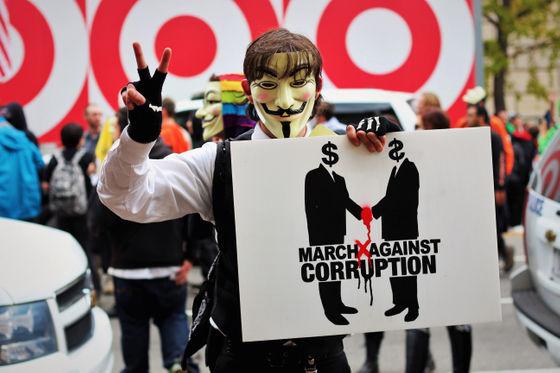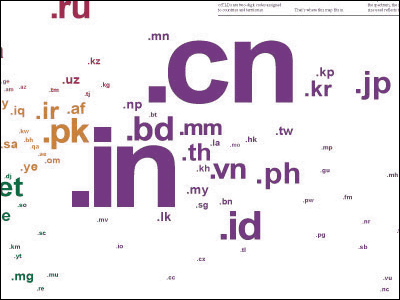Argument that 'Free & Uncensored Internet Should Be Included in Basic Human Rights' Appears

By
Basic human rights refer to the universal right that a person is born to have. Such basic human rights ' should include free and uncensored internet, ' asserts Merten Leglitz, a global ethics professor at the University of Birmingham , England.
The Human Right to Free Internet Access-Reglitz--Journal of Applied Philosophy-Wiley Online Library
https://onlinelibrary.wiley.com/doi/pdf/10.1111/japp.12395
Free broadband: internet access is now a human right, no matter who pays the bills
https://theconversation.com/free-broadband-internet-access-is-now-a-human-right-no-matter-who-pays-the-bills-127267
Basic human rights are called 'rights that people are born with,' but in reality, basic human rights vary from country to country. In Japan, the Constitution guarantees basic human rights, including ' freedom of thought and conscience, ' ' freedom of expression, ' ' right to live, ' and ' property .'
Leglitz asserts that 'free access to the Internet should be a fundamental human right, and should be offered to those who cannot afford the Internet.' Leglitz cites the fact that many political claims have been made on the Internet in recent years.

By
The United Nations Universal Declaration of Human Rights in, are free to express their own thought and conscience without being subjected to censorship ' freedom of speech ' and, anyone organizations (societies) the formation, dissolution, subscription and can leave ' of society freedom ', to receive a free opinion without also be interference from what,' it is possible to convey freedom of information was claimed in 1948 and should be a fundamental human right. ' This Universal Declaration of Human Rights is the basis of the United Nations Convention on Human Rights and is the most basic of the rules on 'human rights in the world.'
Leglitz points out that 'Since the advent of the Internet, the Internet is becoming essential to exercise political rights.' Before the advent of the Internet, 'political action' was limited to actions such as voting, writing in newspapers, participating in public debates, and participating in political organizations. However, using the Internet, you can spread your political opinion to many people without ever leaving your home. It can exert far greater influence than anyone who does not use the Internet.

by ruperto miller
In addition, much of today's political debate is 'only' taking place on the Internet. In other words, access to the Internet became mandatory in order to gain opportunities for political activity, says Leglitz. Therefore, Leglitz argues that access to the Internet should be a human right.
Leglitz states that the Internet, which is guaranteed as a human right, should be fulfilled by 'two frees'. The first free is 'free,' meaning 'no surveillance, no censorship, no restrictions.' The second free is 'free' free. Mr Leglitz said that the government should build a minimum infrastructure to enable free internet and that funding for internet access should be included in minimum welfare benefits.
'The most important thing is that in order to equalize political freedom opportunities, it is necessary to 'ensure that everyone has access to the Internet.' Who pays? Aside from that, the free internet should be considered a fundamental human right worldwide. '
Related Posts:
in Note, Posted by darkhorse_log







